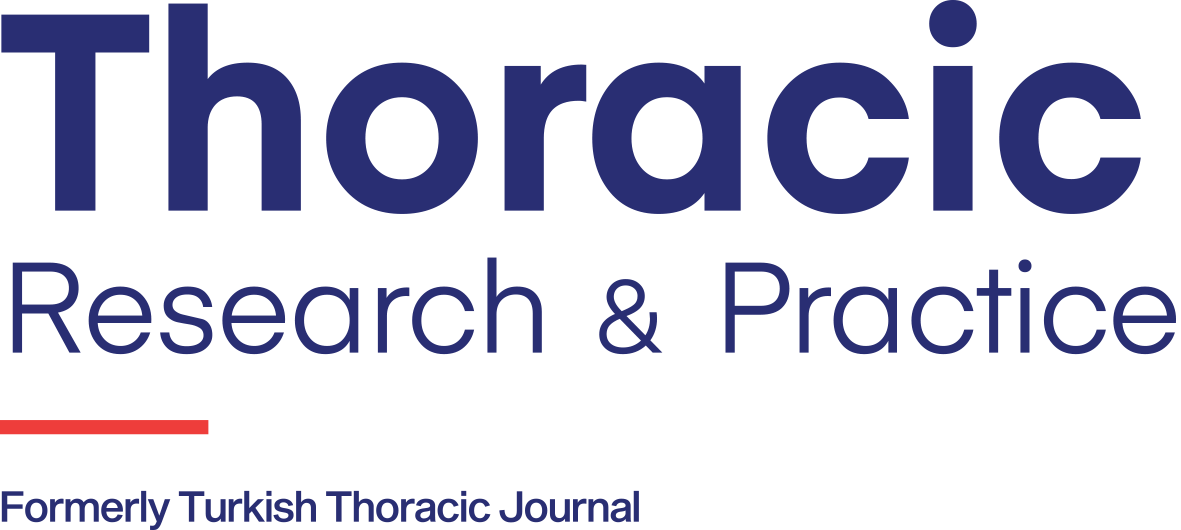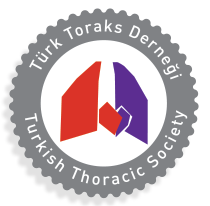Abstract
Objectives:
It was articulated for a long time in media that diseases accompanied by Rhinovirus, referred to as “Rhinoceros Virus”, have a more severe course during 2018 in our country. In this study, comparison of patients with a respiratory viral panel positive for Rhinovirus between 2017 and 2018 was aimed.
Methods:
839 cases under 18 years of age with a respiratory viral panel positive for rhinovirus between January 2017 and December 2018 were evaluated retrospectively.
Results:
Mean age of the patients (57.9%, n=486 male and 42,1%, n=353 female) was 3,45 years. 476 patients (58%, n=277 male, 42%, n=199 female), whose mean age was 3,33 years in 2017 and 389 patients (71%, n=227 male and 29%, n=162 female), whose mean age was 3,36 years in 2018, had a respiratory viral panel positive for Rhinovirus. Rhinovirus was repeatedly isolated in tests taken in different times during the same year in 23 patients in 2017 and 16 patients in 2018. Rhinoirus was positive in 26 patients during both 2017 and 2018. Other viruses accompanying Rhinovirus was determined to be positive in results of 42.6% of the patients in 2017 and 40.9% of the patients in 2018. While 40.9% of the patients were followed-up in inpatient setting in 2017, this ratio was 34.9% in 2018.
Conclusion:
In this study, it was observed that less common hospitalizations, the clinical findings had a less severe course and Rhinovirus was less commonly accompanied by other viruses in 2018 compared to those in 2017. Although it was frequently articulated in the media in 2018 that rhinovirus-associated disease had a more severe course, it was determined to have a less severe course compared to 2017.



